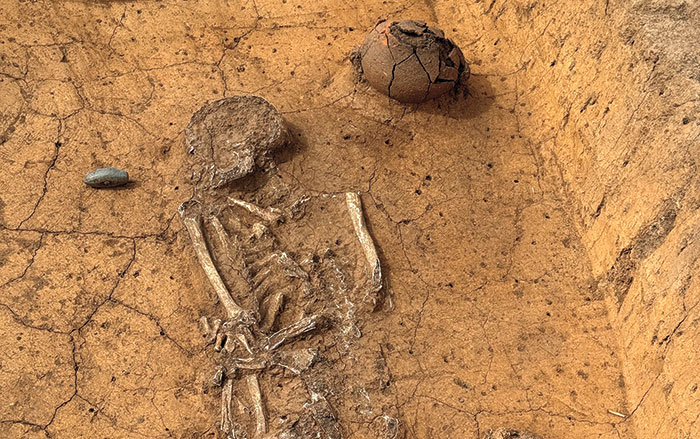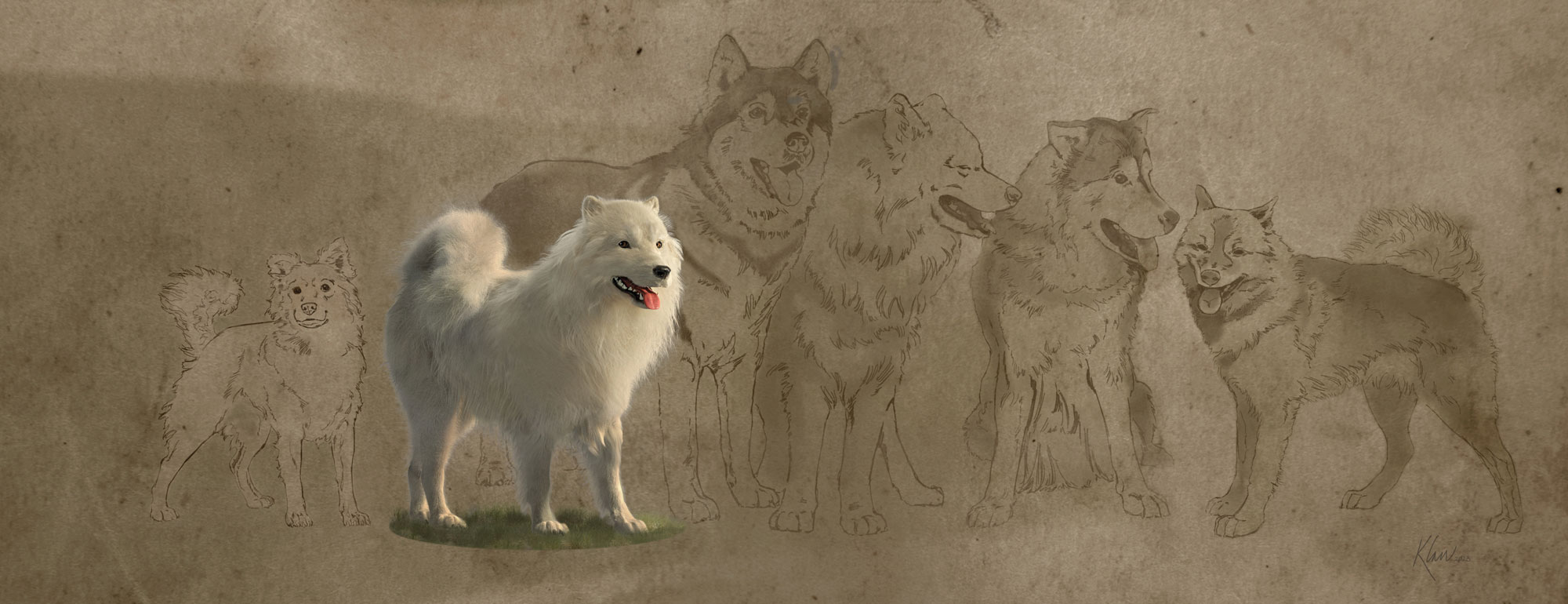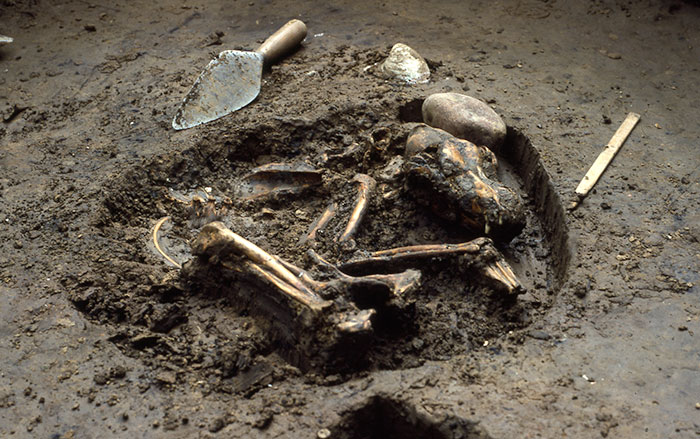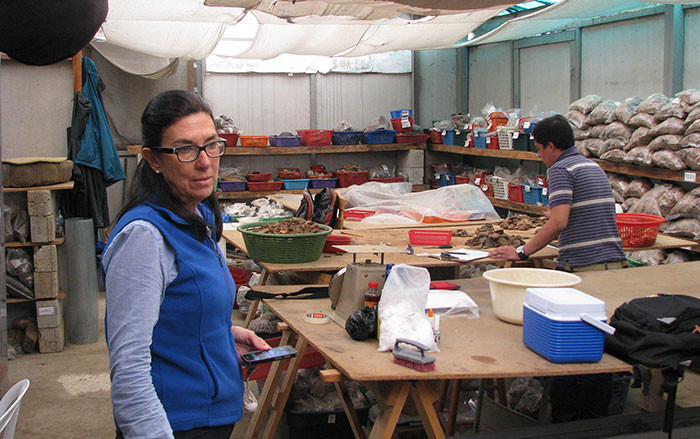
CAMBRIDGE, ENGLAND—A genetic study of a sexually transmitted canine cancer, led by Elizabeth Murchison of the University of Cambridge, has offered clues to how dogs may have traveled around the world with their humans. (The disease is believed to have originated in a single dog some 11,000 years ago.) Scientists analyzed the DNA of 449 tumors taken from modern dogs in 39 countries. BBC News reports that at least five times over the history of the disease, mitochondrial DNA from the tumor was traded with its host, creating five major ancestral groups for the tumors that exist today. Additional mutations allowed the scientists to trace the tumor’s family tree. “We were able to estimate the time since the mitochondrial transfer events, by counting the number of mutations. And one of them really seems to just track around maritime trade routes, in the last few hundred years. We found it along the coast of West Africa, in the Cape Verde Islands, Brazil, South Africa, India, and some parts of southern Europe. You can just imagine those dogs on boats, which must have taken that tumor around with them,” Murchison said. To read about dogs in the archaeological record, go to "More Than Man's Best Friend."










